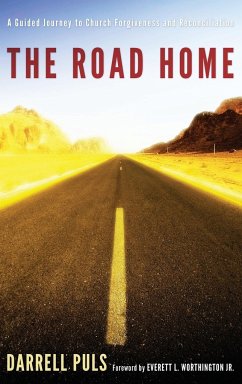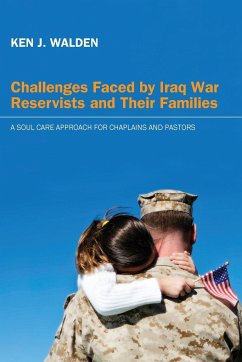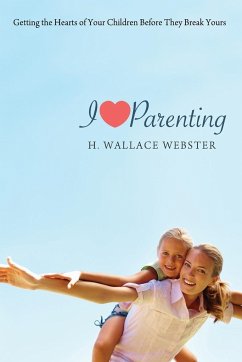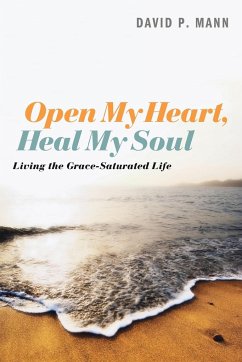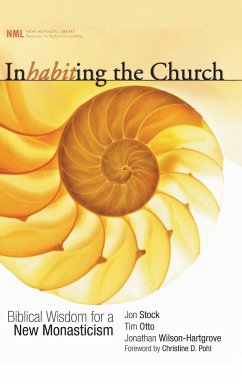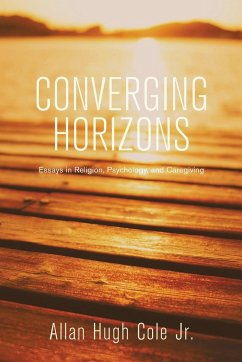
Bullying in the Churches
Versandkostenfrei!
Versandfertig in 1-2 Wochen
28,99 €
inkl. MwSt.
Weitere Ausgaben:

PAYBACK Punkte
14 °P sammeln!
Do bullies have free rein in our churches? Who are the bullies? What is scapegoating? Is it possible to practice the mercy and forgiveness demanded by Gospel ethics while also protecting people from emotional and professional damage? These are some of the questions that Stephen Finlan seeks to answer, looking for an ethic of behavior that is both spiritually valid and psychologically wise. He seeks responses to bullying that are both ""wise"" and ""harmless"" (Matt 10:16), that do not leave people helpless against the cruelty of church bullies. Bullying has become a major concern in schools an...
Do bullies have free rein in our churches? Who are the bullies? What is scapegoating? Is it possible to practice the mercy and forgiveness demanded by Gospel ethics while also protecting people from emotional and professional damage? These are some of the questions that Stephen Finlan seeks to answer, looking for an ethic of behavior that is both spiritually valid and psychologically wise. He seeks responses to bullying that are both ""wise"" and ""harmless"" (Matt 10:16), that do not leave people helpless against the cruelty of church bullies. Bullying has become a major concern in schools and workplaces, but the church sometimes lags behind the secular workplace in its ethics.






